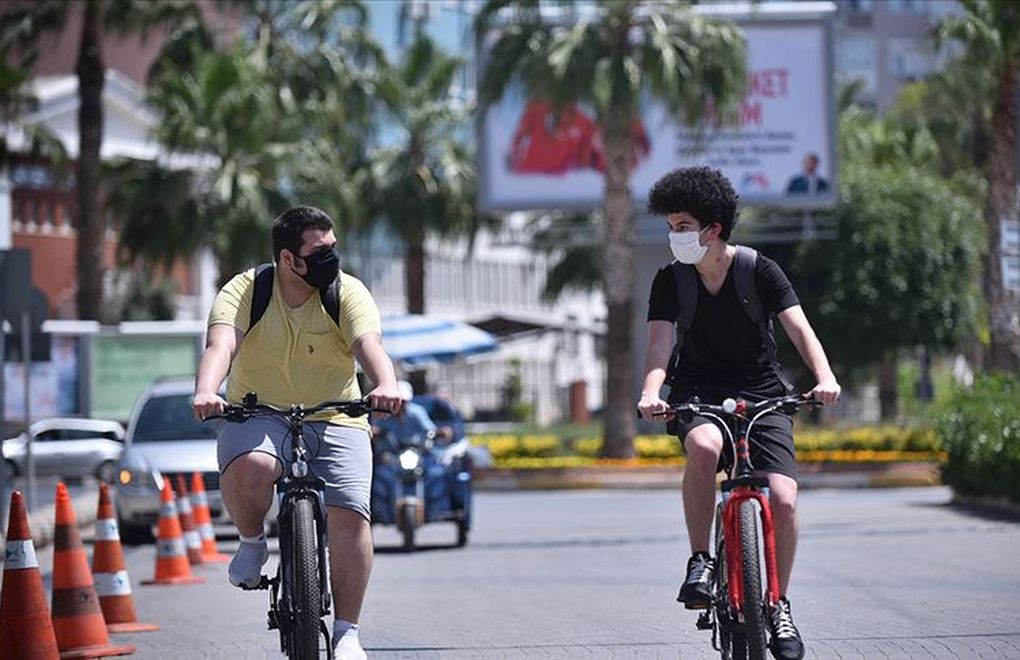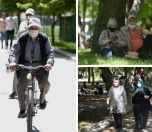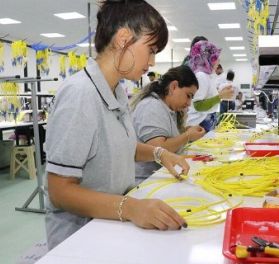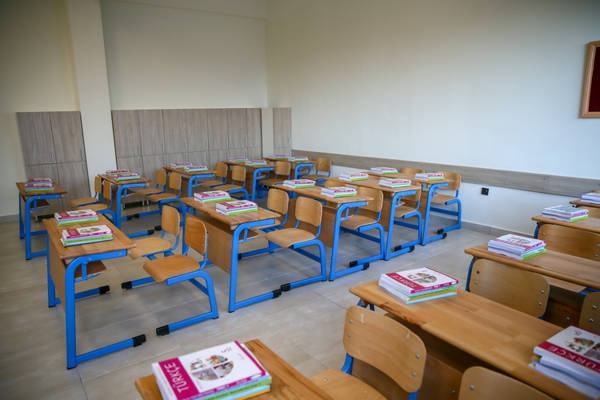Photo: AA
Click to read the article in Turkish
"For me, going out with my family has always been a lot of fun but this situation is really annoying for those who don't have a good relationship with their families," says Tomris (16) after those under the age of 18 are allowed to go out with their families.
"Of course, I also wouldn't like my family watching over me like a guard when I meet a friend but I wouldn't complain that much. As I said, this may change from person to person. I have friends who are really uncomfortable with this."
On April 3, the government declared a curfew for people younger than 20, except for those between 18 and 20 and are employed, as part of the coronavirus measures. It then slightly eased the curfew, allowing the youth to go out for several hours a week.
Further easing the measure, the government allowed those younger than 18 to go out every day as long as they are with their families.
Zeynep, 17, thinks that this application is nonsense: "After six months, I'll be 18. Is there any difference? My 18-year-old friend can go out but I can't. We are not children. I didn't understand why my parents would be with me. Doesn't the virus infect when they are present?"
"I would prefer not to feel the influence of an adult"
According to Ozan, 17, this decision is more suitable for little children: "I can make many decisions about my life myself. As a person who knows in which department he will study at the university, more or less decided for the party to vote for, going out like this makes me feel the perception of an authoritarian state."
"Besides, I think this will reduce our movement area and socialization. I would prefer not to feel the influence of an adult in situations where I could socialize with my friends, albeit with distance," he says.
Uğur Aktan, the father of a 15-year-old girl, also thinks that the application should be for those 15 or younger.
"My 15-year-old daughter won't want me with her"
Kübra (42), a mother of two, says that she would be subject to her children constantly.
"My 15-year-old daughter Miray goes out and does her stuff, meets with her friends. But in this period, I have to be with her all the time. For this reason, it will be difficult. I won't be available at any time she wants. Or she won't want me with her. I will have to wait for her meetings.
"My seven-year-old son Harun is already bored from being at home. Normally, he would go out to the street, to the garden to play. Now, after hearing about this new regulation, he always wants to go out. It will be very difficult for me to make spare time for that. Since the beginning of this period, there have been very strange regulations. Everything opened all of a sudden. I think it wasn't right to suddenly normalize."
FİSA: Children whose parents are working will not be able to go out
Alper Yalçın from the FİSA Children's Rights Center says the decision reflects distrust in children.
"First of all, it is a perspective that does not inform children and prefers not to trust children, not considering that children can take precautions. At the same time, we can say that this is a result of regarding children as an extension of the family and not taking them seriously as citizens, independent of any adult.
"Of course, it is also possible to say that it is related to urban planning that is not suitable for the age and development of children. This is exactly what we call holistic child policy. City planning shouldn't be made in a way that will make children dependent on adults. These are not just about playgrounds.
"Also, the decision is not suitable for the age and development of the children. First of all, all children need not only to go out but also to communicate with their peers. As everyone remembers when they look at their childhood, you don't always want to go out with your family in your adolescent years.
"We think about the reflections of this decision in terms of class, children whose parents have to work for long hours won't be able to go out. We also observe that children who don't have parents are not even a matter of debate.
"Therefore, we think that the decision should be reconsidered, the Ministry of Family, Labor and Social Services should fulfill its responsibilities in terms of regulations that are based on children's rights, pursuant to its duty of protection and coordination of children and that children should definitely be included in the search for a solution." (AÖ/VK)














